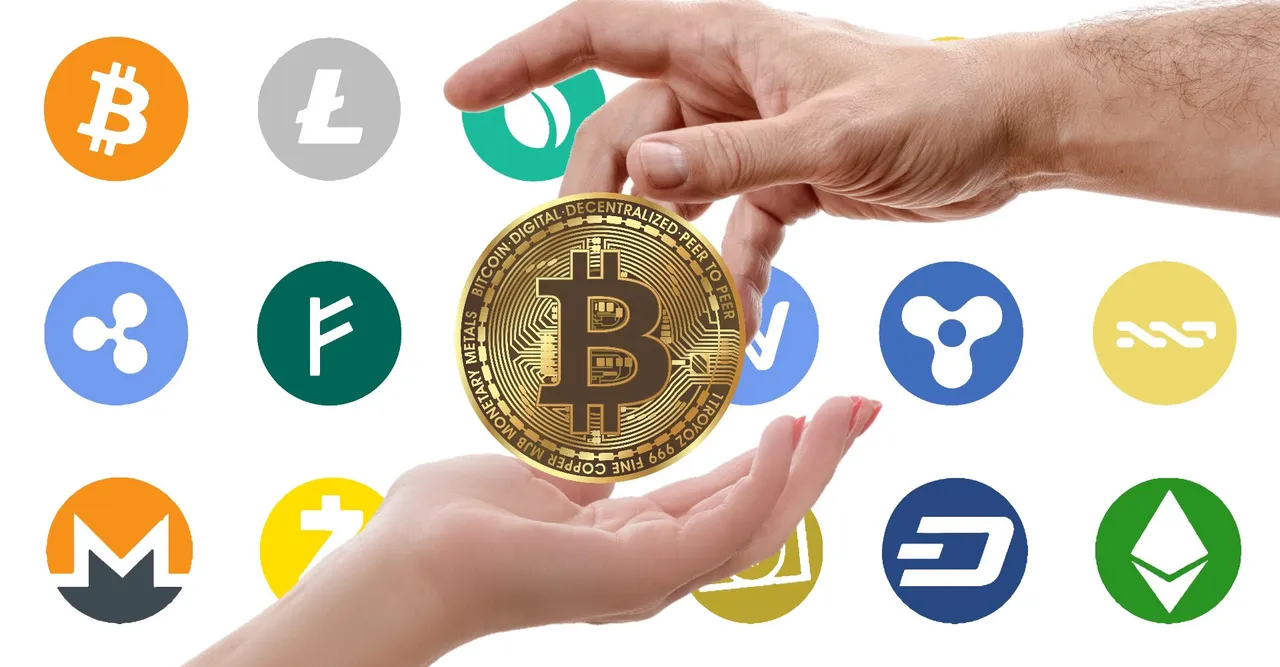Surprisingly there is a lot of attention about the virtual or cashless economy. Especially after the advent of Bitcoin, it has become more intense. This is because all the countries in the world, big and small, have started online transactions. The use of paper money in developed countries has declined at a significant rate.
Credit Cards, Debit Cards, Internet Banking, Mobile Wallets and more recently Bitcoin - various means have been created from time to time to make economic transactions more attractive and easier. Paper notes were once the medium of exchange. Now people are gradually being attracted towards transactions through advanced means using technology to save the cost of making paper money. There is nothing wrong with such a change. Rather, the transaction is going to be done at home now than before, which is certainly more acceptable. And it can be unanimously acknowledged that this will bring about a huge change in the global economy. However, the security of the transaction, the privacy of people's personal information and cyber security must be taken into consideration. Otherwise, the confidence and acceptance of the general public towards this new type of transaction will decrease.
According to economists, the importance of paper money-less economy is immense. The biggest benefit is to create clarity in tax exchange. As seen in different countries, ordinary people do not want or cannot pay taxes. It is possible to collect much more tax in the process of virtual transactions using information technology. This makes it possible to monitor black money and create a strong economic policy-making system.

